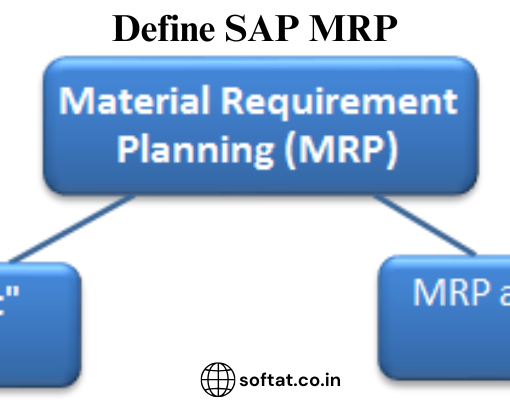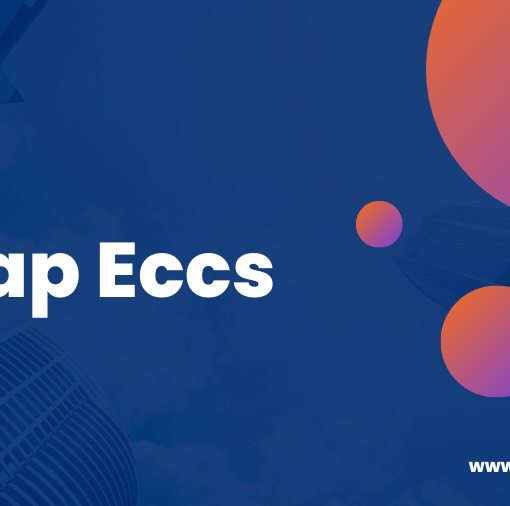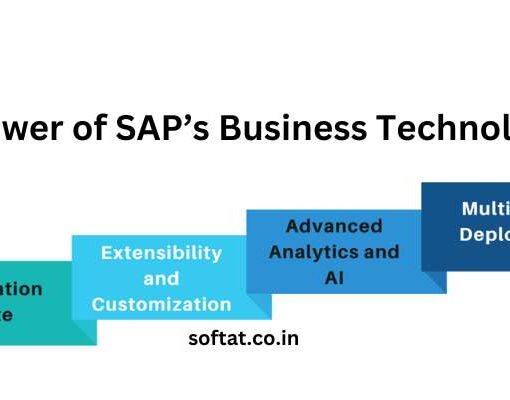Introduction: In the ever-evolving landscape of business, effective procurement and supply chain management play a crucial role in ensuring the success and competitiveness of organizations. To meet these demands, SAP Ariba has emerged as a leading cloud-based procurement platform, revolutionizing the way businesses source, procure, and manage their supply chains. In this blog, we will explore the key features and benefits of SAP Ariba, its impact on businesses, and its role in shaping the future of procurement.
What is SAP Ariba?
SAP Ariba is a cloud-based procurement and supply chain management solution developed by SAP, one of the world’s leading enterprise software companies. With its inception in 1996, Ariba quickly gained traction and has since become a driving force behind the digitization and transformation of procurement processes for businesses across the globe.
Key Features and Functionalities
- Streamlined Sourcing: SAP Ariba offers a robust sourcing platform that allows organizations to connect with suppliers, issue requests for proposals (RFPs), and negotiate contracts efficiently. This streamlines the procurement process, improves supplier collaboration, and helps secure better deals and savings.
- Procure-to-Pay (P2P) Automation: SAP Ariba’s P2P automation simplifies the procurement process from requisition to payment. It automates approval workflows, reduces manual interventions, and enhances spend visibility, leading to greater control over expenses and improved compliance.
- Supplier Management: The platform’s supplier management capabilities enable businesses to evaluate and onboard suppliers, assess performance, and mitigate risks effectively. By creating a centralized supplier database, organizations can make informed decisions about their supplier base and foster long-term partnerships.
- Contract Management: SAP Ariba’s contract management module helps businesses create, manage, and analyze contracts seamlessly. It assists in identifying contractual obligations, monitoring compliance, and optimizing contract terms to minimize risks and maximize value.
- Supplier Collaboration: SAP Ariba’s supplier collaboration tools facilitate real-time communication and data sharing with suppliers, fostering transparency and efficiency in the procurement process. This collaborative approach improves relationships, enhances supplier performance, and drives innovation.
Benefits of SAP Ariba
- Cost Savings: By automating procurement processes, optimizing supplier selection, and improving contract management, SAP Ariba helps organizations achieve substantial cost savings. These savings result from negotiated discounts, reduced maverick spending, and enhanced purchasing efficiency.
- Enhanced Visibility: The platform offers real-time data and analytics, providing businesses with deep insights into their procurement activities. This visibility allows for better decision-making, improved risk management, and the ability to identify opportunities for further optimization.
- Increased Efficiency: SAP Ariba streamlines the entire procurement cycle, eliminating manual tasks and paper-based processes. This increased efficiency translates to shorter procurement cycles, faster time-to-market, and greater agility in responding to market demands.
- Supplier Performance Improvement: With supplier management and collaboration features, organizations can better assess supplier performance, provide feedback, and work together to drive continuous improvement. This fosters healthy supplier relationships and ensures the delivery of quality goods and services.
- Compliance and Risk Mitigation: SAP Ariba helps businesses adhere to regulatory requirements and internal policies through automated compliance checks and robust risk management tools. This reduces the chances of non-compliance penalties and minimizes potential supply chain disruptions.
Impact on Businesses
The impact of SAP Ariba on businesses has been profound, enabling them to transform procurement from a traditional cost center into a strategic driver of growth. By harnessing the power of digital technologies, organizations can leverage data-driven insights to optimize supplier relationships, negotiate better deals, and align procurement strategies with overall business objectives.
Moreover, SAP Ariba’s user-friendly interface and intuitive design have accelerated the platform’s adoption among employees, leading to increased productivity and higher user satisfaction. The platform’s cloud-based nature also ensures seamless updates, scalability, and accessibility from anywhere, facilitating a more flexible and adaptable procurement process.
Future of Procurement with SAP Ariba
Looking ahead, SAP Ariba is set to continue its evolution as a key player in the procurement and supply chain management arena. As technologies like artificial intelligence (AI), machine learning (ML), and the Internet of Things (IoT) continue to mature, we can expect SAP Ariba to integrate these capabilities, further enhancing its functionality.
Additionally, the platform’s expansion into more industries and geographic regions will enable businesses worldwide to benefit from streamlined procurement practices and cost savings. The focus on sustainability and responsible sourcing is also likely to grow, as organizations recognize the importance of ethical supply chain management.
Conclusion
SAP Ariba has undoubtedly revolutionized procurement and supply chain management, empowering businesses with a comprehensive and intelligent platform to source, procure, and manage their suppliers and contracts efficiently. Through cost savings, increased visibility, enhanced efficiency, and improved supplier relationships, organizations can stay competitive in today’s dynamic business landscape.
As we move into the future, SAP Ariba’s ongoing development and integration of cutting-edge technologies will continue to drive innovation and push the boundaries of procurement excellence, paving the way for a more sustainable and prosperous global economy.





